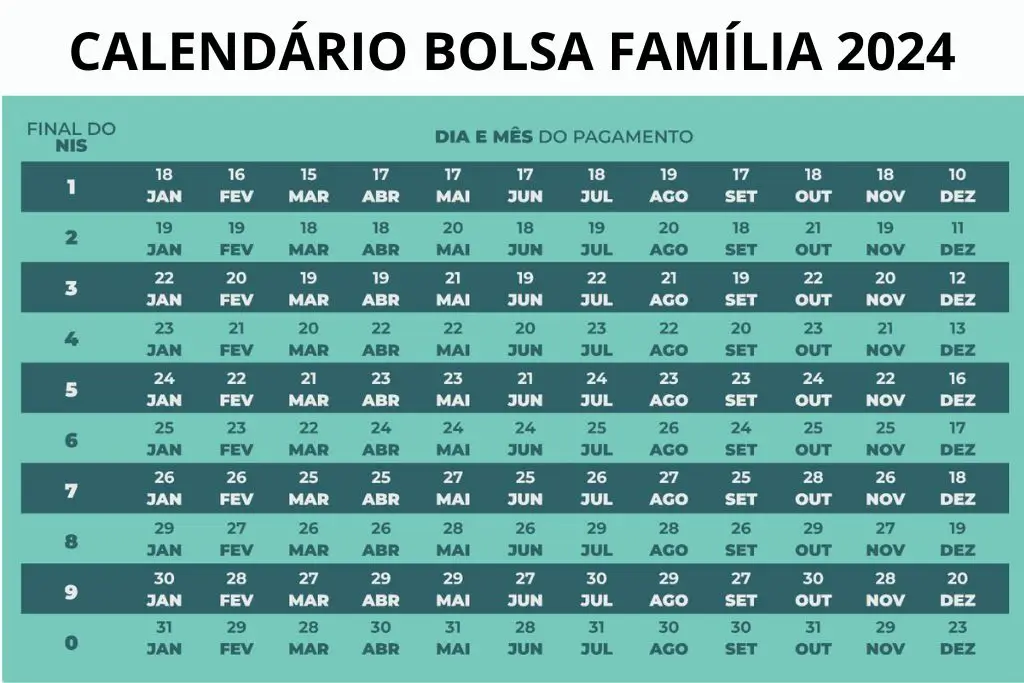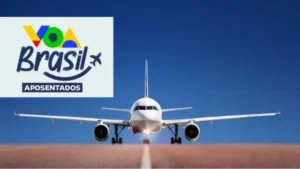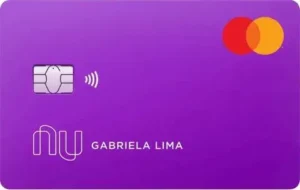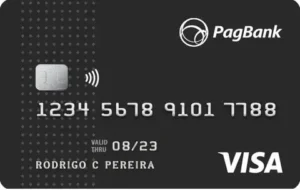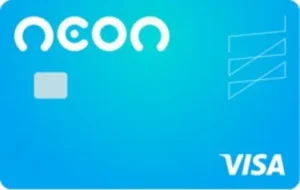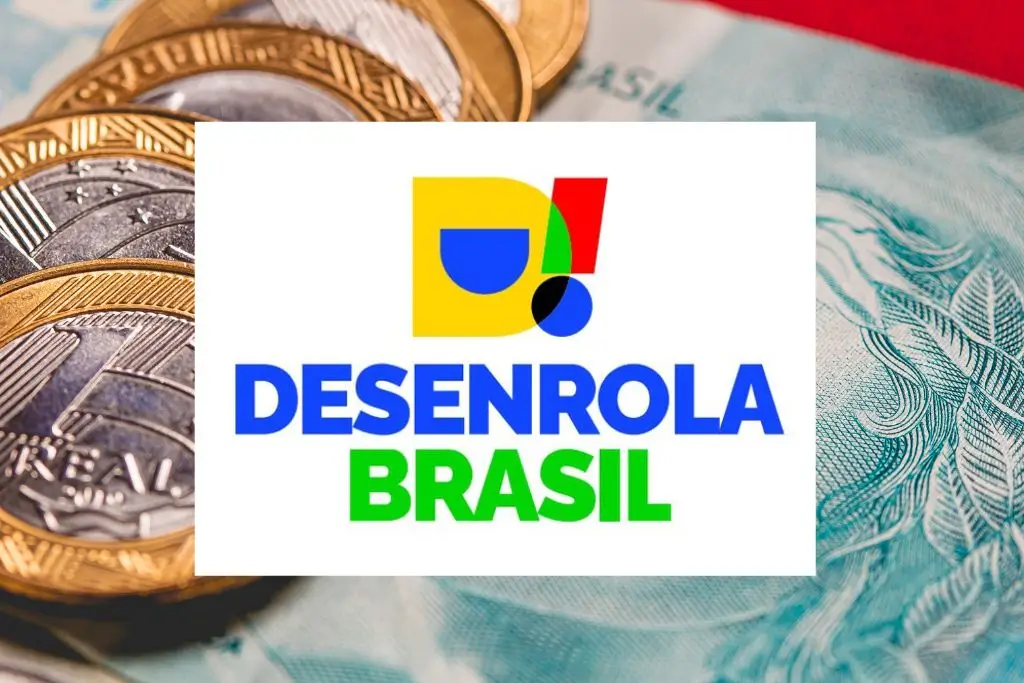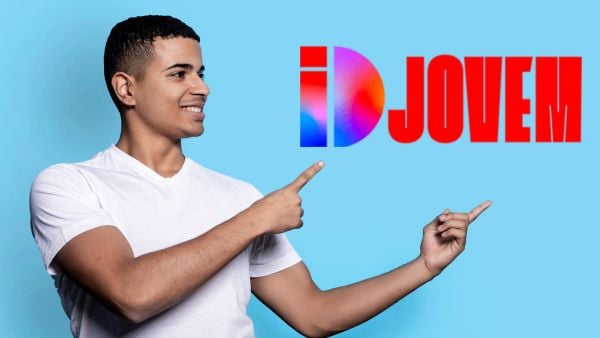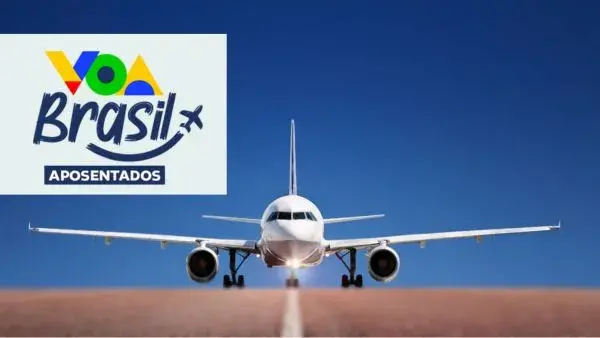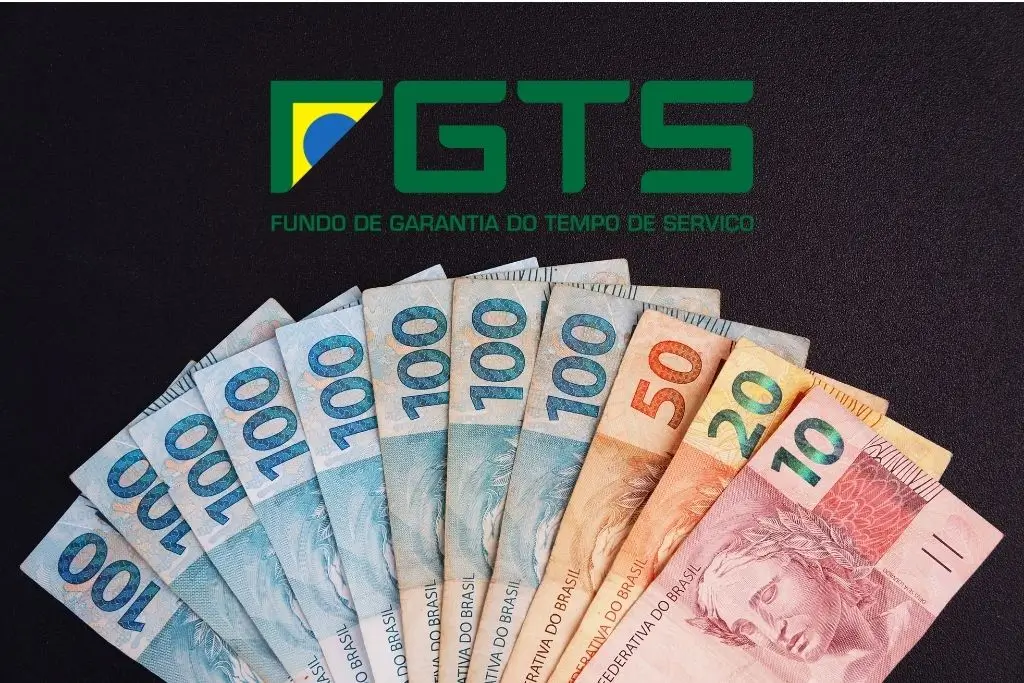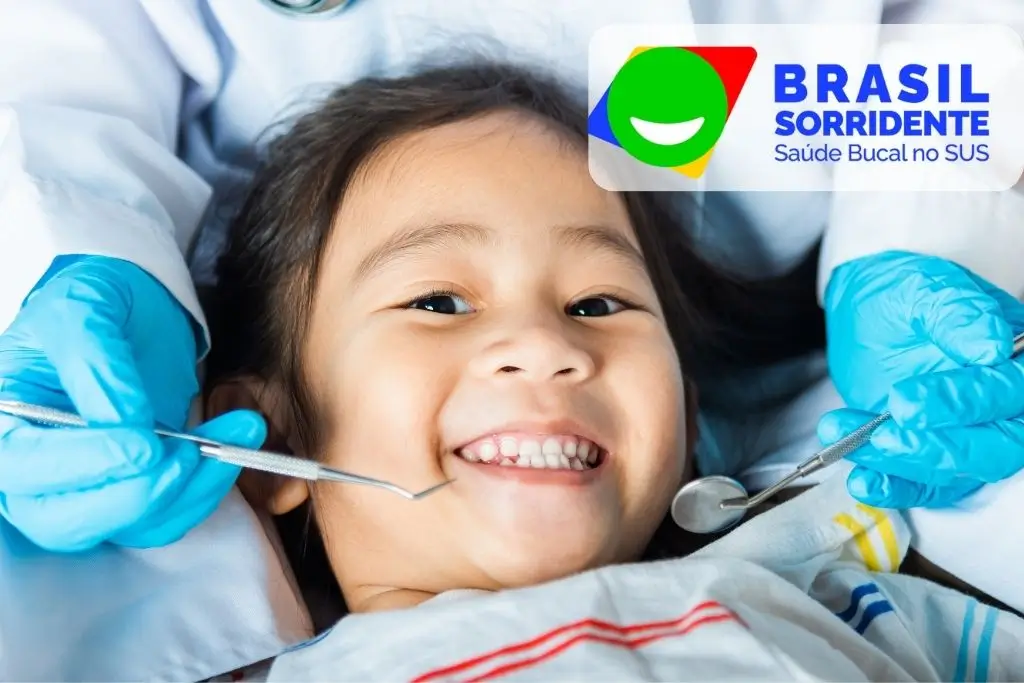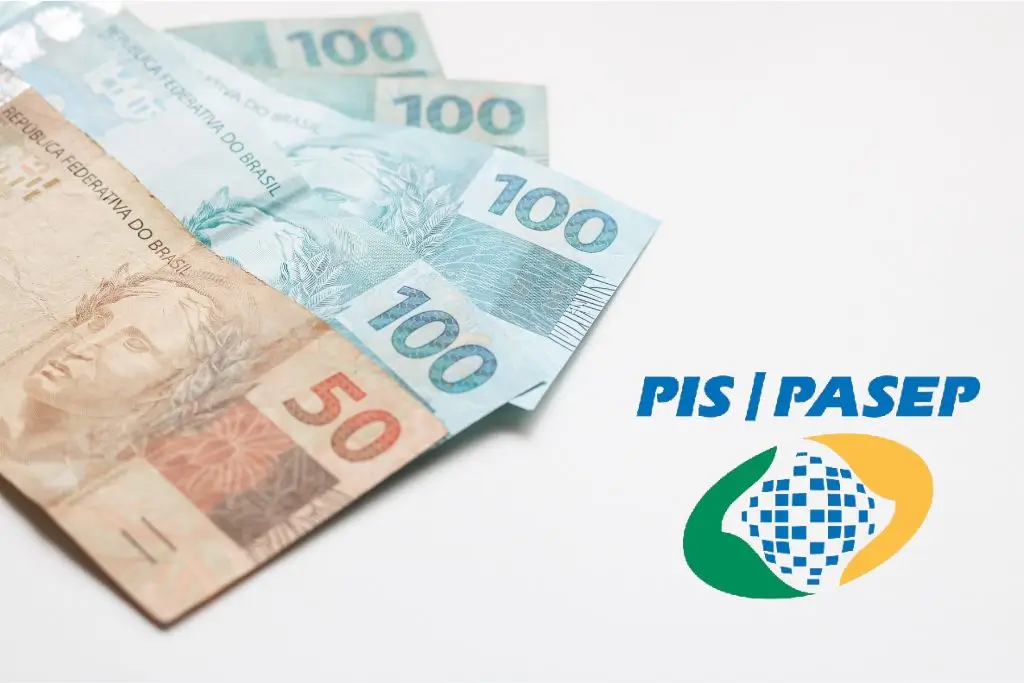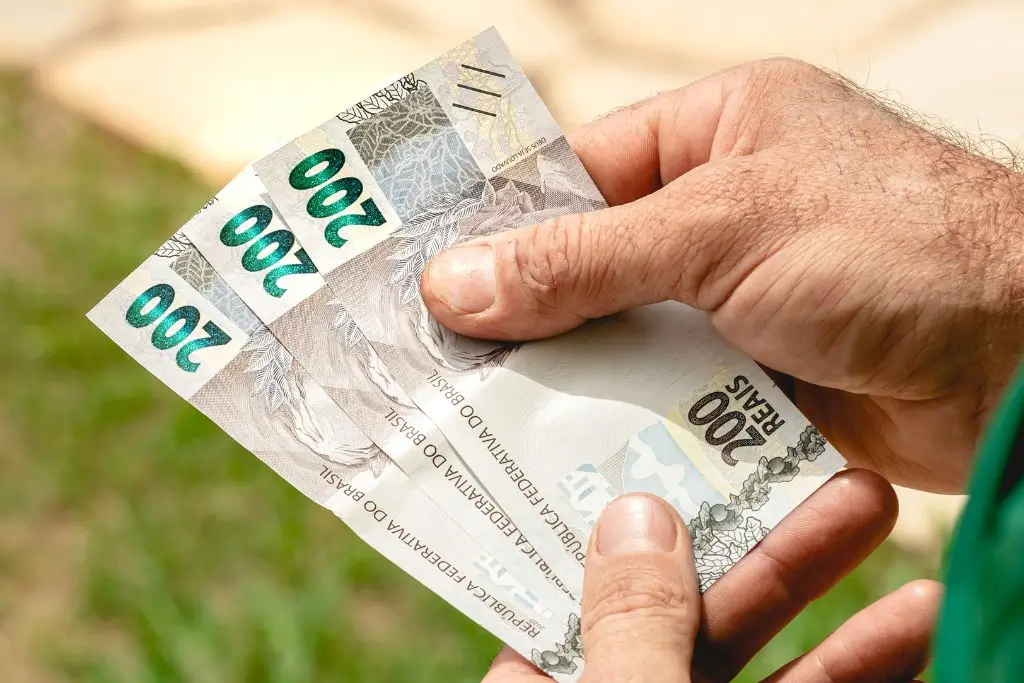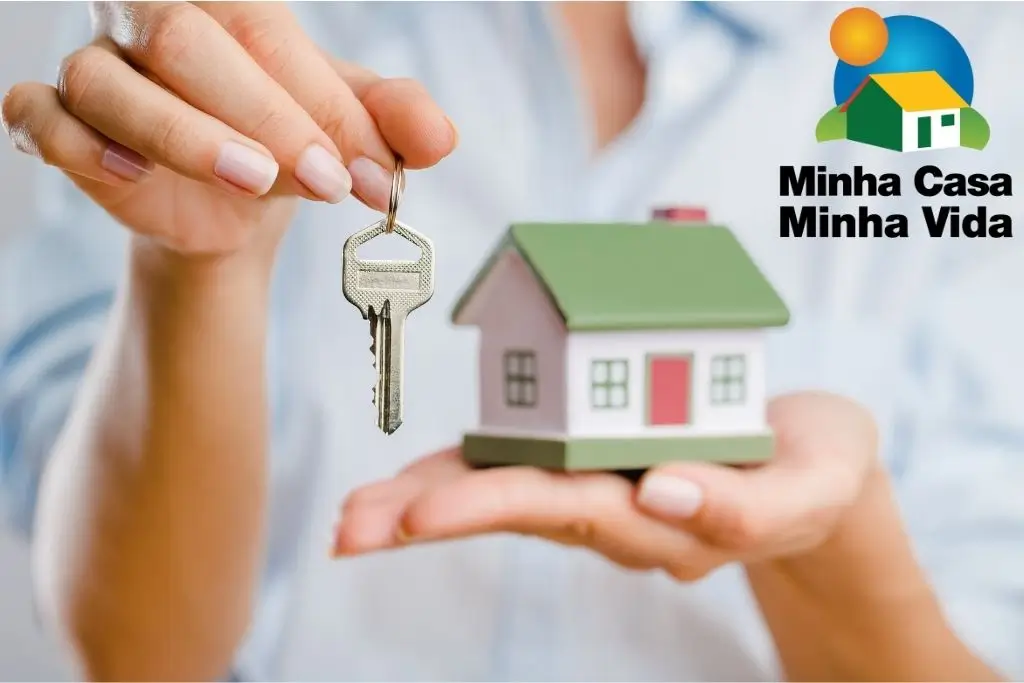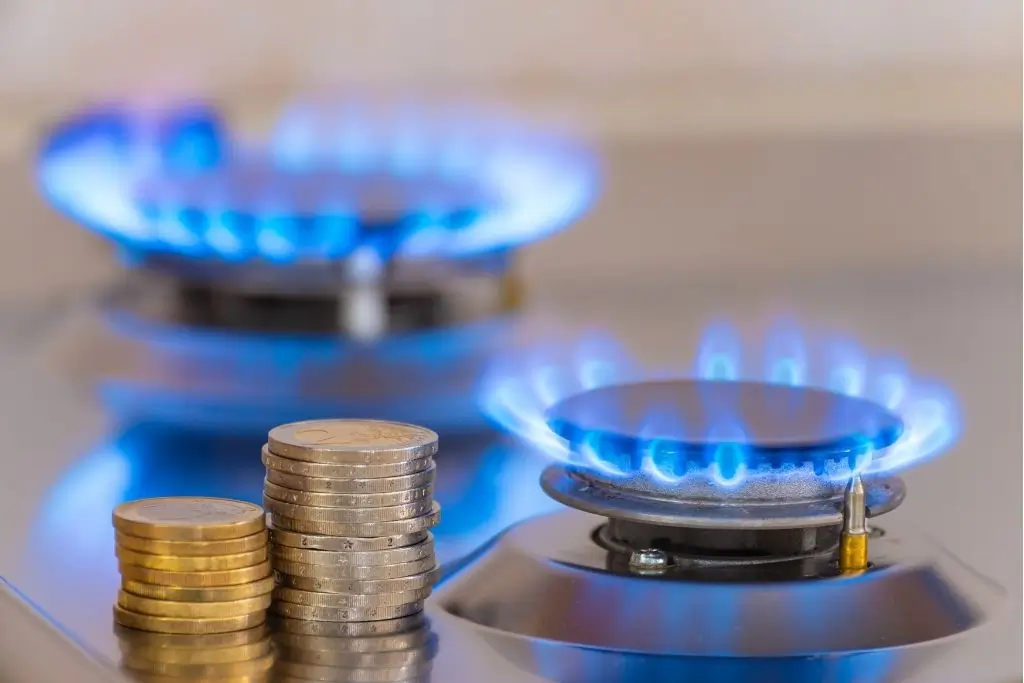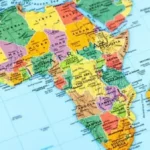Find out all about Bolsa Família, whether you're entitled to this programme, what's new for 2024 and see the payment schedule
The largest income distribution programme in the country and the world, Bolsa Família has been responsible for lifting many families out of extreme poverty and restoring a little dignity by helping to guarantee health, food and housing.
Bolsa Família is a cash transfer programme that aims to combat poverty and social inequality by providing financial assistance to families in situations of economic vulnerability.
The initiative arose from the unification of various social programmes that existed at the time, such as Bolsa Escola, Auxílio Gás and Bolsa Alimentação, with the aim of increasing access for the poorest families to basic rights such as food, education and health.
In order to take part in Bolsa Família, families need to meet certain criteria established by the programme, mainly with regard to income. The programme is mainly for people and families in situations of social and economic vulnerability.
These criteria include the family's monthly per capita income, which must be below a certain amount, and the presence of children and teenagers in the family, who must be duly enrolled and attending school. In addition, pregnant women must have adequate prenatal care and have their vaccinations up to date.
It may be of interest to you:
To take part in Bolsa Família you need to be registered with CadÚnico, which gathers information on low-income individuals and families, enabling them to take part in government social programmes and benefits.
Bolsa Família, which had its name changed to Auxílio Brasil but returned to its original name in 2023, is a great government initiative that was and is responsible for lifting thousands of Brazilian families out of extreme poverty. And with its return and updates in 2023 it has brought improvements to the programme.
In this article we've put together the main information about Bolsa Família and how to register for this important programme. Read on to find out more:
Quick Index:
Bolsa Família: what is it?
Bolsa Família is a federal government programme that aims to help families in situations of economic and social vulnerability by transferring income.
Considered a social benefit, Bolsa Família complements other public policy and social assistance initiatives, offering a minimum amount of R$600.00 per month.
The programme is aimed at families who are in the poverty or extreme poverty bracket, as determined by the established guidelines.
The benefit is temporary and undergoes a reassessment every two years, ensuring that only families who fulfil the established criteria are covered.
It may also make sense to you:
Payments are made through Caixa Econômica Federal's Digital Social Savings account, accessed through the Caixa Tem app, which is automatically created for beneficiaries of the programme.
Read also: How to withdraw your benefits at Caixa Tem
How Bolsa Família came about
Bolsa Família came about in 2003 as an initiative of the current government, through the unification of various social programmes that existed at the time, such as Bolsa Escola, Auxílio Gás and Bolsa Alimentação.
The main aim of the programme was to combat hunger and poverty by promoting the direct transfer of income to families in vulnerable situations.
Bolsa Família was created as a way of guaranteeing access to basic rights such as food, education and health for the country's poorest families. Over the years, the programme has undergone several updates and extensions, becoming one of the main policies to combat poverty in Brazil.
Name change
In 2021, on the initiative of the government of the time, the programme was renamed Auxílio Brasil, but it still had the same purpose of distributing income.
In 2023, with the return of the government that started the programme, the benefit returned to its original name of Bolsa Família, and with new features for beneficiaries, such as extra amounts according to family configuration and more updates.
Who is entitled
In order for a family to be entitled to Bolsa Família, they need to fulfil the income criteria that determine whether or not they need financial support from the government. The Ministry of Citizenship, which is responsible for analysing and distributing the benefits, estimates that a family must have a maximum income of R$ 218.00 per person.
In other words, a family of six with a maximum family income of R$ 1,200.00, when we take this total amount and divide it by the number of people in the house, it gives a total of R$ 200.00 per person in this family unit, which means that this family is eligible to receive Bolsa Família.
In addition to the income criterion, to take part in the programme you need to be registered in the Cadastro Único (Single Registry), which is the main means of participating in government programmes and benefits.
CadÚnico is responsible for collecting information from low-income Brazilians in order to have a more complete record of these families.
Bolsa Família rules
The criteria for receiving the Bolsa FamíliaThe children who had been suspended during the Brazil Aid period were reinstated in 2024.
It will therefore be necessary for children to have their vaccinations up to date, for children and adolescents to maintain high school attendance and for pregnant women to have adequate prenatal care.
In addition to the "restored" requirements, the benefit amounts have also been updated. Take a look:
- The minimum benefit is R$600.00 for all beneficiaries;
- An additional R$150.00 per child up to 6 years old in the family;
- An additional R$50.00 per person between the ages of 7 and 18, and per pregnant woman in the family.
In this way, the benefit returns with improved conditions, helping families to secure their livelihoods and re-establish themselves financially and socially.
How to register for the programme
Registration for Bolsa Família in 2024 is done through the Single Registry. You can pre-register on the platform via the CadÚnico website or application.
To pre-register, simply go to the website or app, click on "pre-registration", enter the family details requested and complete pre-registration in the programme. Pre-registration helps speed up the family enrolment process, but the face-to-face stage is compulsory.
After pre-registration, the Responsible Family Member (RF) has up to 240 days (8 months) to go to the nearest Social Assistance Reference Centre (CRAS) to complete the registration.
Important! When visiting CRAS, the RF must bring at least one identification document for each family member living in the same house to finalise the registration.
During the visit, the Responsible Person will undergo a socio-economic assessment interview, answering questions about family composition, education, health, income, among others. It is important to emphasise that registration with CadÚnico is compulsory in order to receive Bolsa Família, but it does not guarantee approval of the benefit.
Even after approval, you must keep your CadÚnico data up to date, reporting any changes in income or family composition.
Even in the absence of changes, it is necessary to update your registration every two years to maintain your right to the benefit.
Important! At the face-to-face stage, only the Head of Household must attend, bringing their identity documents and at least one identity document for the other family members.
The documents accepted are:
- Identity card (RG or CNH)
- CPF
- Birth certificate
- Labour card
- Voter registration
- Marriage certificate
- Administrative Register of Indigenous Birth (RANI), if you are indigenous.
Read also: All about Desenrola Brasil
Bolsa Família Calendar 2024
